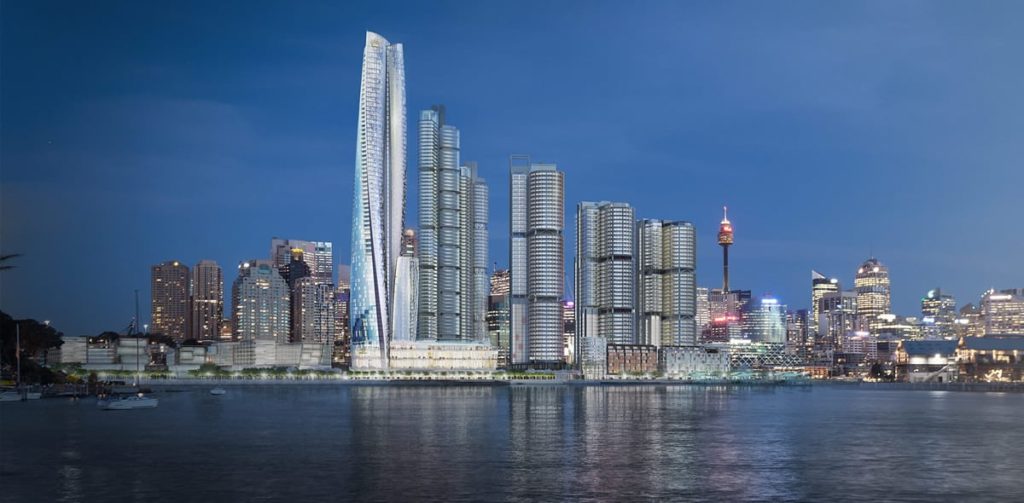Once upon a time, a hotel was pretty much just about a bed. Somewhere to rest your head away from home. Even the most high-end properties didn’t stray far from the tried and tested formula of a bed, bath, desk and lamp. Yawn.
But that’s no longer the case.
Last week, there was talk of space hotels as NASA successfully inflated an experimental compartment developed by hotel entrepreneur Robert Bigelow at the International Space Station.
That may be a little far-fetched – these blow-up rooms are for use by astronauts rather than adventurous space tourists, at least in the near future.
But the stratospheric predictions are indicative of a revolution that is underway in the world of hotels. Many are, at least figuratively, reaching for the stars.

Even NASA is honing in on the hotel action
All around the world, the hotel landscape is getting more creative and futuristic. Think robot porters (Yotel in NYC), underwater suites (Hilton Rangali Island Resort) and intergalactic-style pods (Nine Hours in Kyoto, Japan).
Those creative juices are finally flowing in Australia too. Think free Wifi, smart apps (NEXT, Brisbane) and spaceship-style structures (Saffire and MONA Pavilions in Tassie). Another hotel will join the stellar Aussie fleet when Crown’s “six-star” ICC Sydney hotel opens its doors in Sydney’s Barangaroo in 2020.
But is the space-age approach really what travellers are after?
Hotels are facing some pretty stiff competition these days. After all, this has become the age of the sharing economy. Airbnb serves up a range of wild and wacky accommodation alternatives from a stay in a shark tank to a night in Rio’s Olympic Stadium. But it also offers people low-key homestays – authentic, local experiences.
And, far from a flash in the pan, these “disruptive” newcomers look set to stick around, because Millennials are loving the shift.
Recent research from travel intelligence firm ADARA showed that 36% of Australian Millennials have stayed in a house or apartment rental such as those offered by Airbnb in the past year compared to only 24% of those in the 35 plus age bracket.
The topic is so relevant, that it prompted a dedicated event at last week’s TEDx Sydney event organised by TFE Hotels and facilitated by a team of 10 travel experts including KarryOn founder Matt Leedham.
The group brainstormed a range of ideas, but the main outcome was that the hotel of the future will not be built around high tech features, but rather around personal touches.
Flashy pools and well-equipped gyms, although nice to have, probably won’t be the things people remember about a hotel stay.
“It’s all in the service delivery, the details and in having a comprehensive understanding of guest needs and loves,” Leedham said.
That could be as simple as a concierge making contact to help a guest arrange activities during their stay.

Conrad Hilton Maldives Fast Lane Magazine
More complicated is how to tap into the needs and wants of individual travellers in order to deliver the customised experiences that we seem to crave.
Loyalty programs are one way, but Millennials are not really digging those either. They want the personal touches without having to give up their personal information.
“The opportunity for the industry is to come up with better ways to engage guests to ensure they share their needs and desires with the hotel in an authentic, incentivised and personal way,” Leedham continued.
Of course, hotel features will still play an important role in the future.
The ADARA research showed that Millennials staying in hotels were more likely to prioritise free wi-fi and top notch amenities as compared with older travellers.
For this connected clientele, device chargers and USB ports near the bed are “quick wins”, yet surprisingly few hotels actually offer them.
But while hotel stays may be about staying connected for some, it’s about supreme service for others, and spaceship-style digs for the rest. What is for sure, is that exciting changes are afoot.


